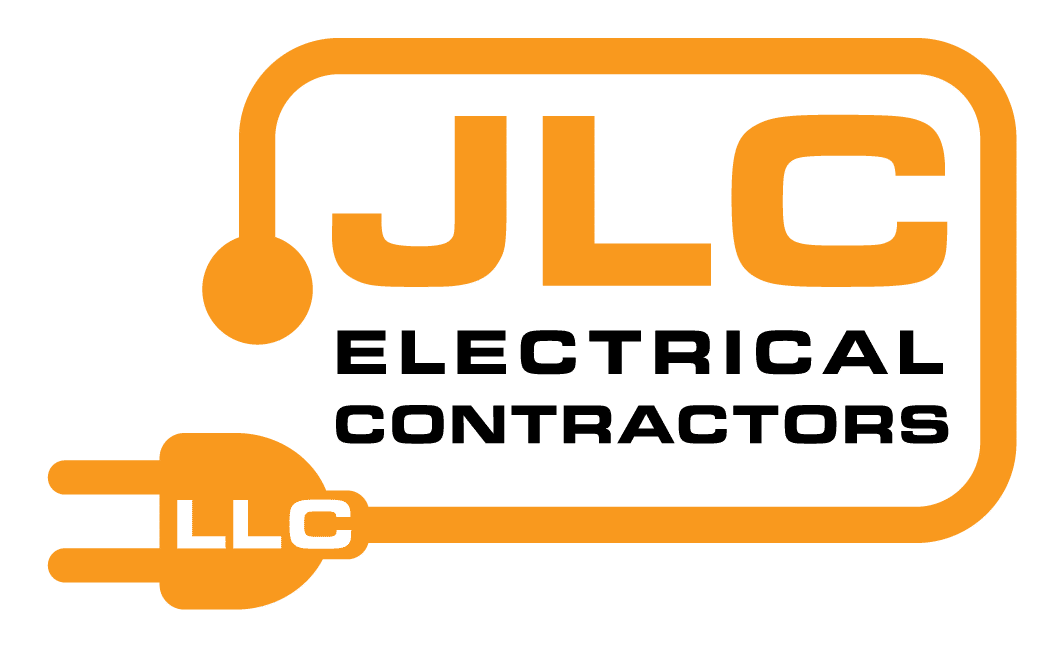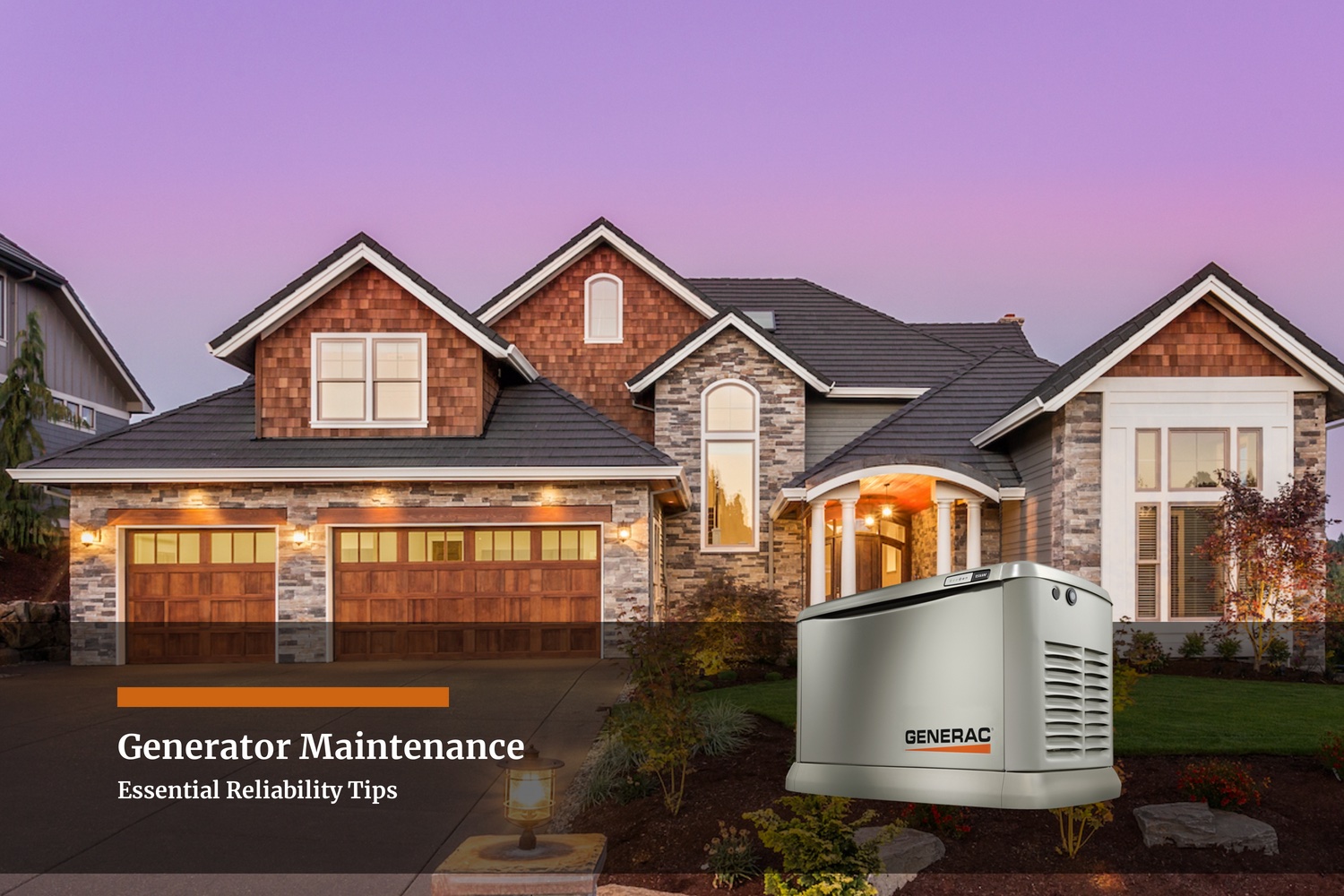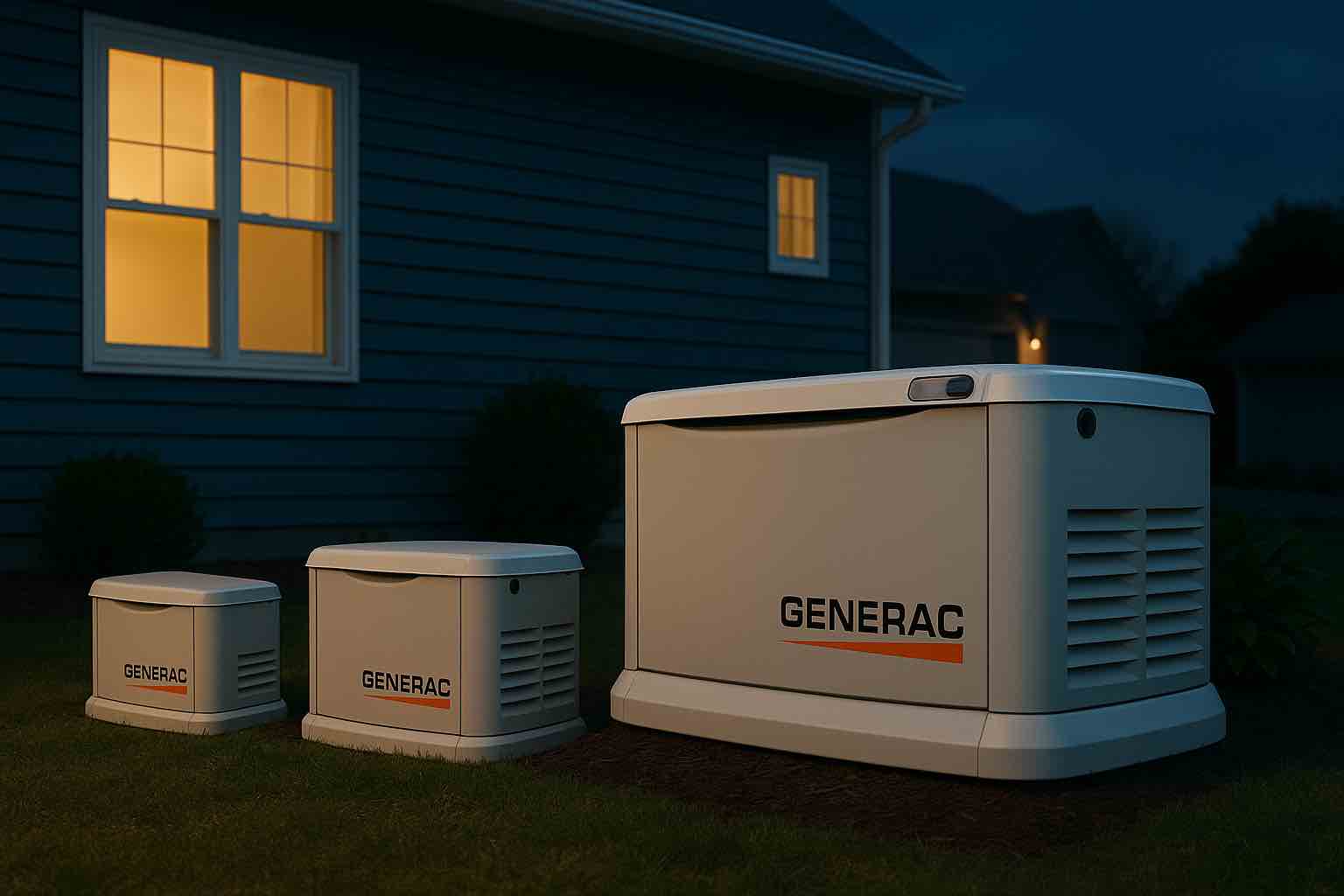Generators serve as lifelines during power outages, providing critical backup power to keep homes and businesses running smoothly. However, like any mechanical device, generators require regular maintenance to ensure optimal performance and long-term reliability. In this guide, we’ll explore some essential tips for generator maintenance to keep your unit running smoothly when you need it most.
Common Generator Maintenance Tasks
- Regular Inspections: Conducting regular visual inspections is the first step in generator maintenance. Check for signs of wear and tear, leaks, or corrosion on the exterior of the unit. Additionally, inspect the fuel lines, connections, and electrical components for any damage or deterioration.
- Oil and Filter Changes: Just like a car engine, the generator engine requires regular oil changes to maintain proper lubrication and prevent wear. Follow the manufacturer’s recommendations for oil type and change intervals. Don’t forget to replace the oil filter as well to ensure clean oil circulation.
- Battery Maintenance: The generator’s battery is crucial for starting the unit during a power outage. Keep the battery terminals clean and free of corrosion, and ensure that the battery is fully charged at all times. Consider investing in a trickle charger to maintain the battery’s charge during periods of inactivity.
- Cooling System Maintenance: The cooling system is essential for preventing the generator from overheating during operation. Regularly check the coolant level and inspect hoses and connections for leaks or damage. Clean the radiator and cooling fins to ensure proper airflow.
- Fuel System Maintenance: Stale fuel is a common cause of generator malfunctions. Use fresh fuel and add a fuel stabilizer to prevent the fuel from deteriorating over time. Regularly drain and replace the fuel if the generator is not used frequently.
- Fuel System Maintenance: Stale fuel is a common cause of generator malfunctions. Use fresh fuel and add a fuel stabilizer to prevent the fuel from deteriorating over time. Regularly drain and replace the fuel if the generator is not used frequently.
- Exercise the Generator: Regularly exercising the generator under load helps keep the engine and components in good working condition. Follow the manufacturer’s recommendations for exercise intervals and duration to ensure optimal performance.
- Professional Servicing: While many maintenance tasks can be performed by the owner, it’s essential to schedule professional servicing at least once a year. A qualified technician can conduct a thorough inspection, perform any necessary repairs or adjustments, and ensure that the generator is ready for the next power outage.
Generator Maintenance Plans By JLC Electrical Contractors
Regular maintenance is the key to ensuring the long-term reliability and performance of your generator. By following these essential tips, you can keep your generator running smoothly and enjoy peace of mind knowing that you’re prepared for any power outage. With proper care and attention, your generator will continue to provide reliable backup power for years to come.
Ready to ensure your generator is ready for anything? Contact JLC Electrical Contractors today to schedule professional maintenance and ensure your generator’s long-term reliability. Don’t wait until the next power outage – trust JLC to keep your generator running smoothly.




